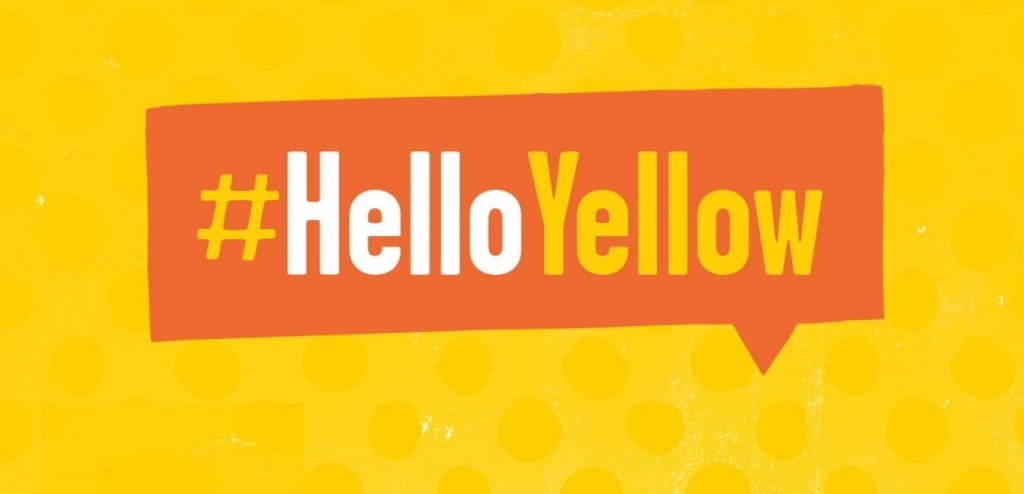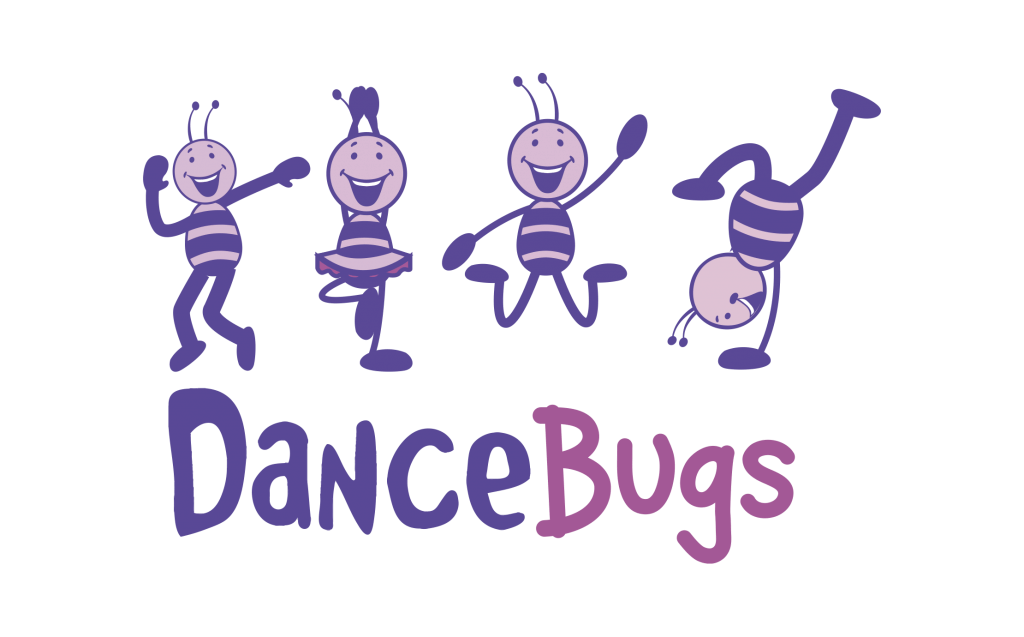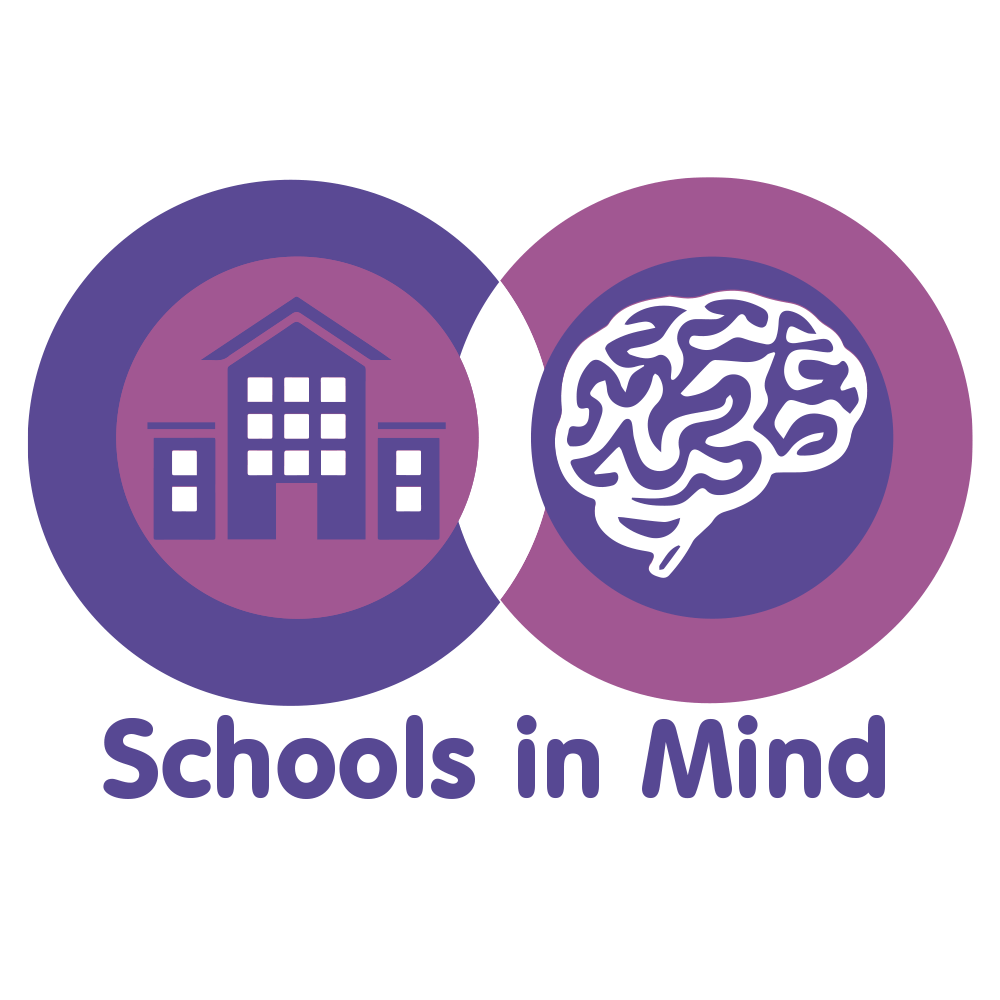In a world that often feels like it’s moving at the speed of light, it’s easy to forget that our youngest generation is growing up amidst unique challenges and experiences. World Mental Health Day serves as a poignant reminder that the mental well-being of children is as crucial as any other aspect of their development. This year, we celebrate #HelloYellow to underscore the importance of educating children about mental health and the significance of early intervention. In this blog, we’ll explore why this is crucial and delve into how implementing yoga and mindfulness practices in schools can be a transformative step in nurturing young minds.

The Importance of Mental Health Education for Children
Children are like sponges, absorbing information and experiences from their surroundings. This makes it an ideal time to educate them about mental health. Here’s why:
- Building Resilience: Mental health education empowers children with the tools to understand, cope with, and bounce back from challenges and stressors they encounter in life.
- Reducing Stigma: By discussing mental health openly, we can break down the stigma associated with seeking help, ensuring that children are more likely to reach out when they need support.
- Early Identification: Educating children about mental health enables them to recognise signs of emotional distress in themselves and their peers, facilitating early intervention.
The Power of Early Intervention
Early intervention can be a game-changer when it comes to children’s mental health. Here’s why it matters:
- Preventing Escalation: Addressing mental health concerns in their infancy can prevent them from developing into more severe issues later in life.
- Building Coping Skills: Early intervention equips children with effective coping mechanisms, helping them better manage stress, anxiety, and emotional challenges.
- Improving Academic Performance: When children’s mental health is prioritised, their ability to concentrate, learn, and excel in school is enhanced.
Yoga and Mindfulness in Schools
Now, let’s explore how yoga and mindfulness practices can be integrated into schools to support children’s mental health:
1. Stress Reduction: Yoga and mindfulness techniques, such as deep breathing and meditation, help children manage stress. Regular practice can provide them with a toolkit to stay calm in high-pressure situations.
2. Emotional Regulation: These practices teach children to recognise and manage their emotions effectively. They learn to respond to challenging situations with clarity and composure.
3. Improved Concentration: Yoga and mindfulness can enhance children’s attention spans and concentration, leading to better academic performance.
4. Enhanced Self-Awareness: Through these practices, children become more attuned to their thoughts and feelings, fostering greater self-awareness and emotional intelligence.
5. Healthy Habits: Introducing yoga and mindfulness at a young age encourages a lifelong commitment to well-being, setting a foundation for a mentally and physically healthy adulthood.
#HelloYellow and World Mental Health Day remind us of the importance of nurturing young minds. Educating children about mental health and providing early intervention can have a profound impact on their lives. By integrating yoga and mindfulness practices into schools, we can empower children with the tools they need to thrive emotionally, academically, and throughout their lives. Let’s embrace this opportunity to make a positive difference in the lives of our youngest generation, creating a brighter and healthier future for all.
Book a meeting and tour of our YogaBugs virtual platform to find out how we can support children in your school. Click Here to book your time and date.













